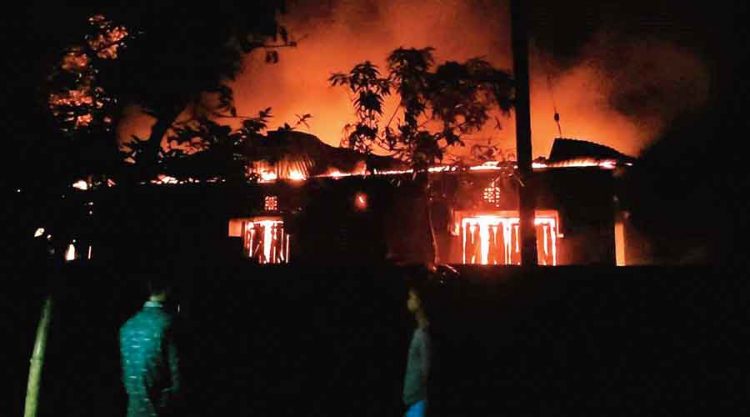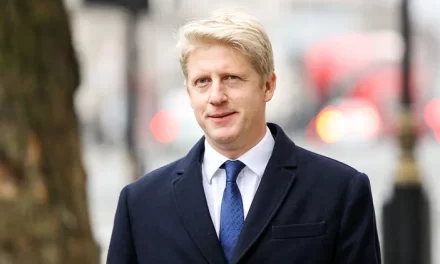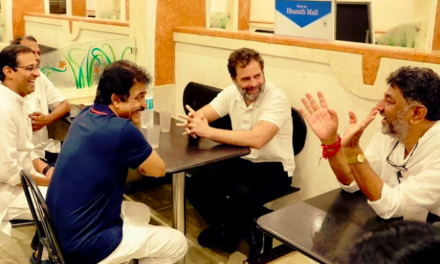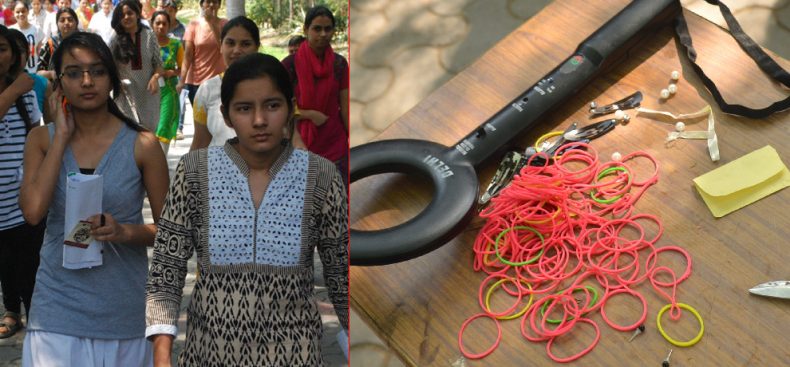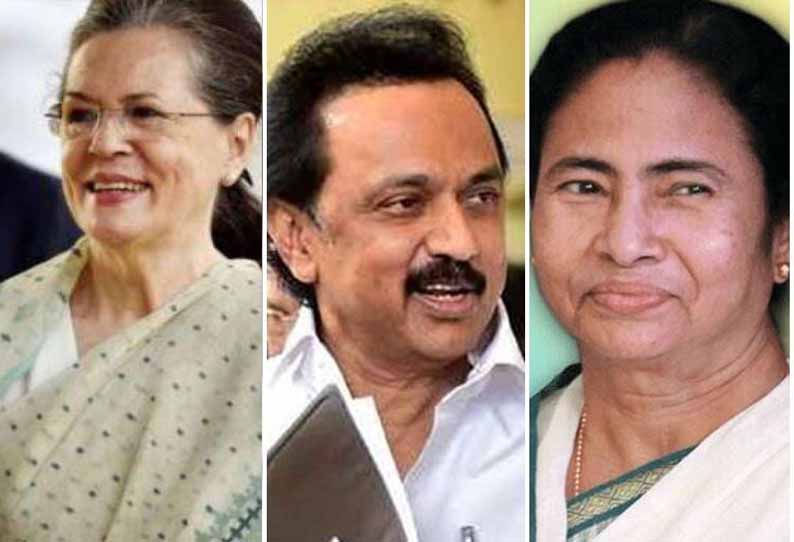Those who have been keeping watch and track of the activities of
CBI shown swift promptness and deployment of so many senior officials for the probe ordered by Calcutta High Court
This has been something unusual for the CBI as the agency often shows reluctance or buys time for taking any new case.
But in this case, just within 24 hours of the court order, the Director of the CBI set up 4 teams. The teams will be headed by officers of the rank of joint directors Ramnish, Anurag, Vineet Vinayak and Sampat Meena.
The overall probe will be supervised by Additional Director Ajay Bhatnagar. It seems that through its action, the CBI intends to convey the message that the enormity of the alleged crimes is so high that it needed to depute big guns.
The CBI has also sought the details of such cases from the state Director General of Police.
The people of the state would have felt more relieved if the CBI had been entrusted with the task to look into cases which had been referred to the Election Commission
Whether the EC played a more positive role in directing the administration to register the complaints made by the alleged victims and the nature of the information of the complaints and the number of cases it received from the district magistrates.
This would have helped the court to derive the conclusion what role the district administration really played.
It is a known fact that the district administration of Cooch Behar where the CISF shot dead five people preferred to maintain a passive approach and attitude to the incident.
By asserting that EC was only concerned with conducting of the election and the administration was with the government, the EC was evading its responsibility.
It is on record that EC had changed the top police officials including the DGP and brought in officers of its choice.
These officers continued in their charge till the election process was over and Mamata took charge. Obviously, in this backdrop, the EC could not evade its moral responsibility.
The fact cannot be denied that EC had directed the administration to transfer officials with administrative duties and post them according to its direction at the time when it was in charge of the election.
This acquires more importance as “definite and proved” allegations were received by the NHRC that complaints of the victims of violence in the aftermath of the West Bengal assembly polls were not even registered.
The enquiry must also probe who has been responsible for this neglect… But why the complaints were not registered?
The probe must identify the time frame when the refusal took place, recognise the officer and fix responsibility.
At this stage, the observation of Justice I P Mukherjee of Calcutta High Court is worth mentioning.
In his order, he noted that between the polls and assumption of office by the new government, the Election Commission should have played a more positive role in directing the administration to register the complaints.
Since the EC did not do so, it should be charged with dereliction of duty. It could also be a deliberate move.
The EC helped its political masters to prepare the ground for dismissing the Mamata government.
[splco_Shortcodesspacer]
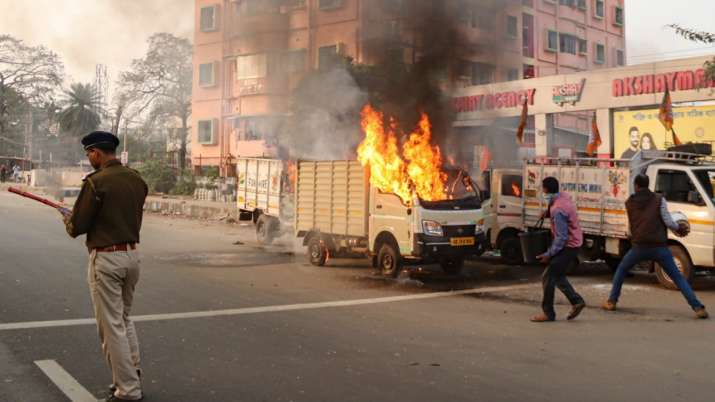
[splco_Shortcodesspacer]
As the magnitude of the investigation points to the fact that major political interests are at stake, obviously even at this stage it is still imperative that the role of the EC and NHRC should be probed.
The nature of dissent raised by the two judges sharing the bench with the chief justice deserved to be looked into proper perspective Since two members of the NHRC committee Rajul Desai and Atif Rasheed had links to the BJP, it obviously implied that they brandish huge political influence.
The content and nature of the report makes it explicit that they dictated the proceedings of the committee and had a major say in drafting of the report.
That the team has gone beyond its jurisdiction is also pointed out by Justice Mukherjee who mentioned that the panel only had powers to report on facts as gathered by them during the investigation.
The NHRC team was on a fact finding mission; as such, its findings could not be treated as statutory directives.
Justices Mukherji and Soumen Sen concurred with the order but raised some objections about the actions of the NHRC’s fact finding committee.
Opposing the findings and recommendations of the NHRC committee report, senior advocate Abhishek Manu Singhvi, representing the state DGP, had claimed during submissions that it was erroneous and biased.
There is no denying that a person must not be deprived from getting justice.
But how can any incident of violence which is not at all related to election or does not fall into the ambit of post poll violence find place in a report which is supposed to deal with only cases of post poll violence?
It is simply a deliberate move of the NHRC team to prepare a voluminous report.
It also implies that the members of the team were prejudised against the west bengal state government that was run by third time CM Mamata Bannerji and were serving the interest of their political masters in Delhi chiefly PM Modi and Home Minsiter Amit Shah who were vociferous against Mamata at the time of election and after results
Therefore the promptness of the CBI to constitute the probe team must be seen in the backdrop of the content and character of the NHRC report.

